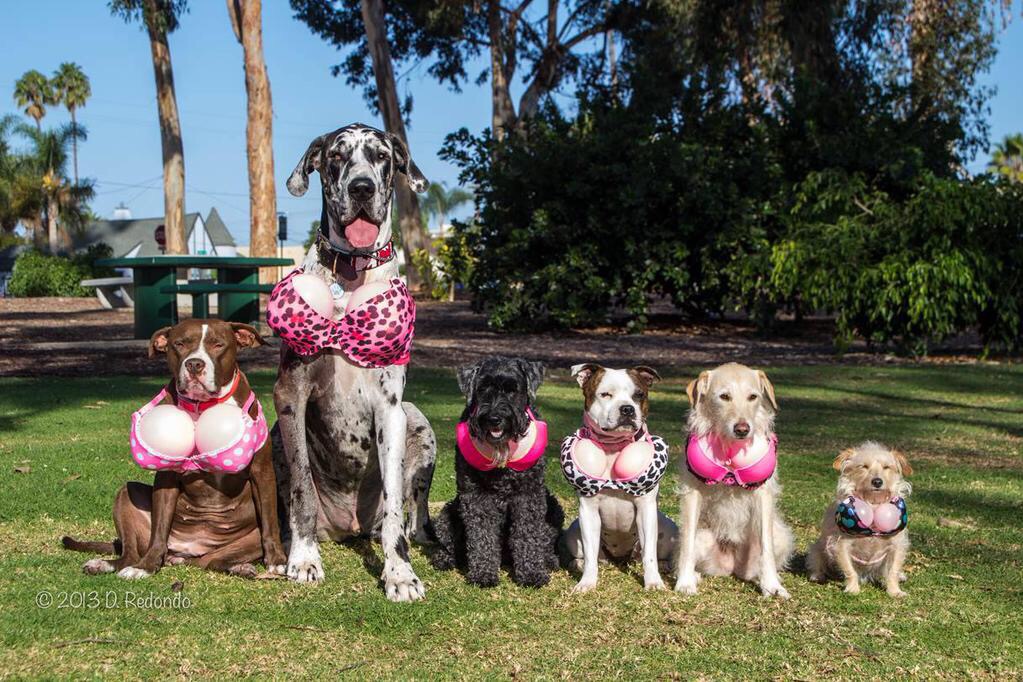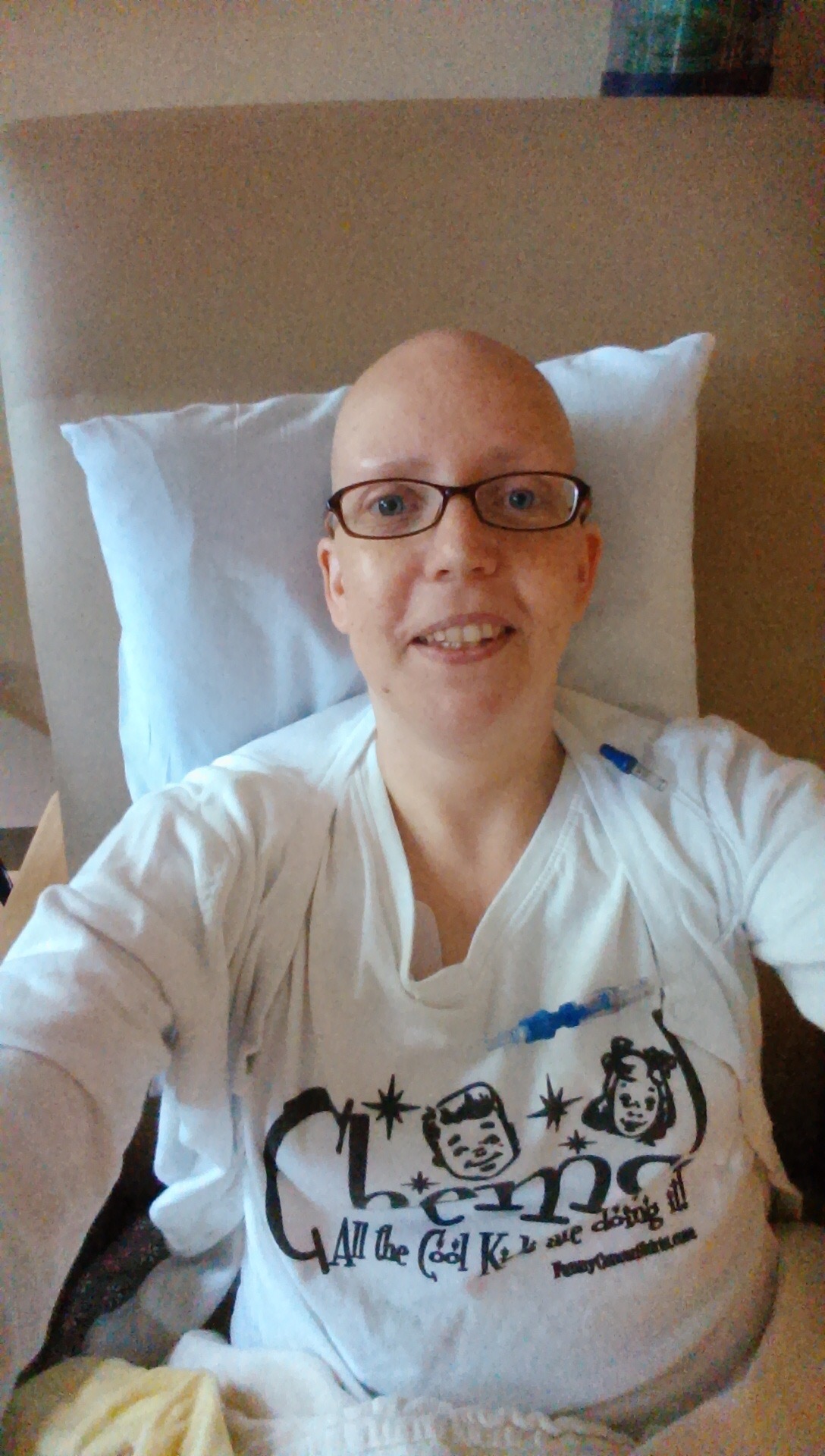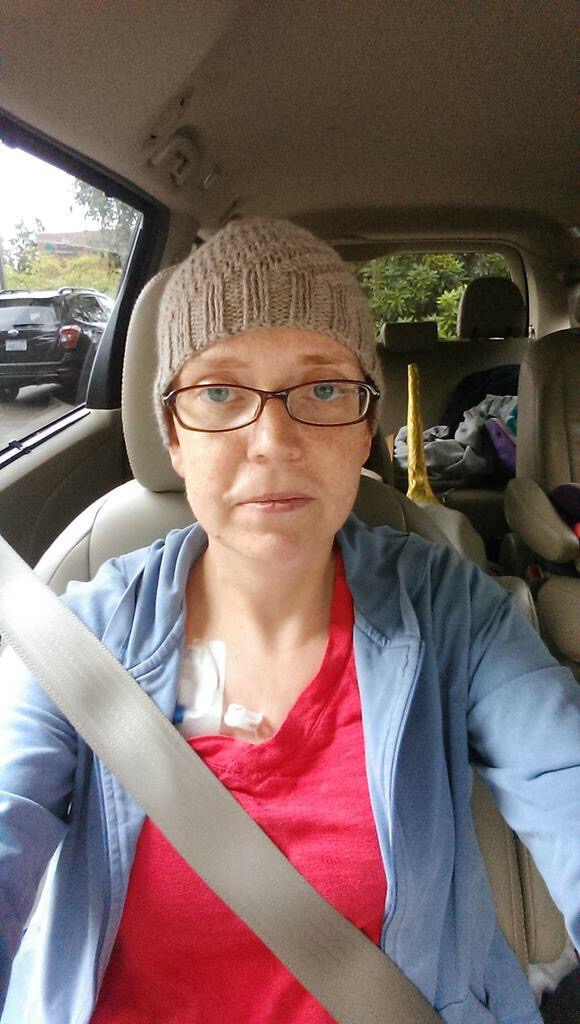Here I go again. I want to say that I appreciate the comments made so far, both agreeing and disagreeing with me. You’ve helped me to really hone my arguments about why I don’t support Komen. You know, I have a friend who said she was harassed, to the point of having to call the police, by Komen supporters after she said negative things about Komen. So far, nobody’s stalking me, thank goodness…or at least not that I know of. It’ll be easy enough to find me on October 13 at 11:00 on the west lawn of the US Capitol if you ARE stalking me!
Now it’s time to talk about Komen’s funding of research. This will be long and a little complicated, but try to hang in with me, because this is important.
A lot of folks don’t understand how Komen is organized and how their funding and expenditures work, so let’s talk a bit about it, shall we? Komen is run kind of like McDonalds. The local chapters of Komen are a lot like franchisees, the way a person who owns a local Mickey D’s is a franchisee. The locals run the local events and put money into the local community, the way a McDonalds franchisee runs their own store and hires their own staff. But the locals have to send 25% of the money they raise to the national organization, the way your local McDonald’s store makes money for the McDonalds corporation.
Now, the locals do a lot of good in their local communities. They pay for mammograms and help people get to treatment and stuff like that. And that’s good. But what they almost never do is fund research, which is the only thing that’s going to turn a metastatic diagnosis from a death sentence to a life sentence. The reason they don’t is that you need a scientific review committee to review grant proposals to decide where the research dollars should go, and the national organization has that committee. Which means this: of the dollars raised in Komen’s name through local events, it’s pretty much just the 25% of those dollars that are even eligible to go towards research. Now, once that 25% goes to the national, it’s combined with what the national itself is able to fundraise. They get big donations from corporations, and they have income from investments.
So, how much of the total money raised by the locals and nationsals goes to research, which is the only thing that will save my life? Well, according to Komen’s most recent audited financial statement, all of Komen, both national and local, spent $305 million in the fiscal year ending March 2014. $43 million of that total went to research. That’s 14% of their total expenditures. In comparison, Komen spent almost three times that amount on “public health education.” And they spent $17 million more on administrative costs than they did on research.
Now, some folks commented on my last post with a link to the Snopes article about Komen, noting that it says people who complain about Komen’s lack of research funding just misunderstand Komen’s mission, and that most health organizations like Komen don’t have research as a focus. But I’d argue that it’s not that we don’t understand this reality–it’s that we want that reality to change. I believe that an organization that says its goal is to end breast cancer should be spending its money to do just that. And the only way to end breast cancer, including breast cancer deaths, is through research.
Which brings me back to what Komen would need to change to get my support: I want to see that 14% figure raised to at least 50%. This would require Komen to change the ratio of funding that locals send to the national, or to start requiring the locals to form scientific advisory committees so they can begin funding research in their communities, or to do what I think it should do: focus more of its existing national funding on research.
I personally don’t have a problem with Komen spending money on treatment and other direct patient support, but the amount Komen spends on “education” that is focused on raising awareness of breast cancer is something that I believe could be better spent on research. Teaching women to get mammograms has barely made a dent in the death rate for breast cancer, but research has the potential to save lives. My life. My friends’ lives. I also believe the expense involved in many of their fundraising events is too high, and Komen should work to decrease those costs, so that money can be redirected to research. Until the balance between research and education is dramatically changed, I am unable to support Komen.
As always, I welcome your comments. And please stay tuned for Part 3!




